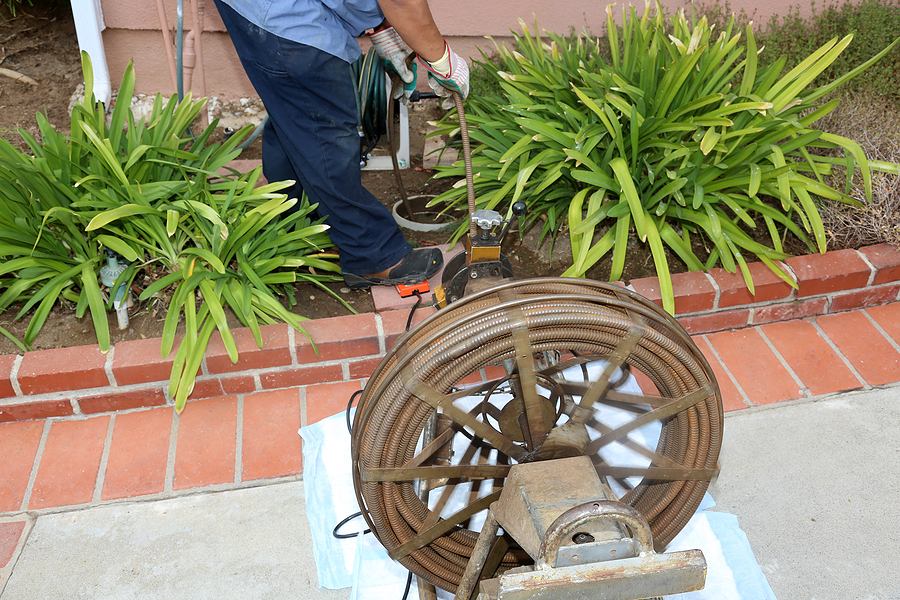
09
Your septic system plays a critical role in managing household wastewater, and one of its most essential components is the drain field. Also known as a leach field, this underground area disperses treated wastewater back into the soil. When the drain field begins to fail, it can lead to unpleasant odors, slow drains, or even wastewater surfacing in your yard. Understanding the signs of a failing drain field—and knowing the appropriate solutions—is key to keeping your septic system working efficiently.
Before diving into the signs of failure, it’s important to understand why drain fields fail.
Recognizing the early symptoms of a failing drain field can help you avoid severe damage and expensive repairs.
The best solution depends on the severity of the issue. Here are some common approaches.
Preventive maintenance is the key to a long-lasting septic system. Stick to a regular schedule for septic tank pumping, avoid flushing non-biodegradable items, reduce water usage, and keep heavy vehicles off the drain field area. If you notice any warning signs, contact a professional at Charlotte Septic Pros immediately.
A failing drain field is more than just an inconvenience—it’s a serious problem that can affect your property, health, and wallet. By keeping up with proper maintenance, you can protect your home from costly septic issues and extend the life of your entire system.
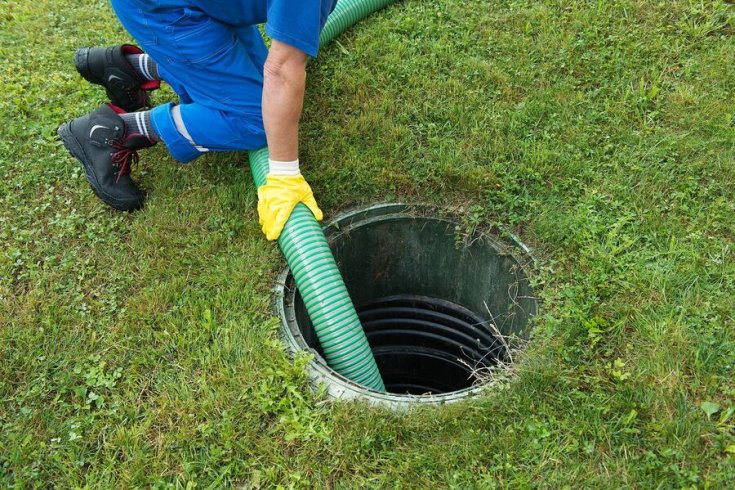
18
Reliable and Affordable Septic Services A properly functioning septic system is essential for any home or business that relies on…
Read more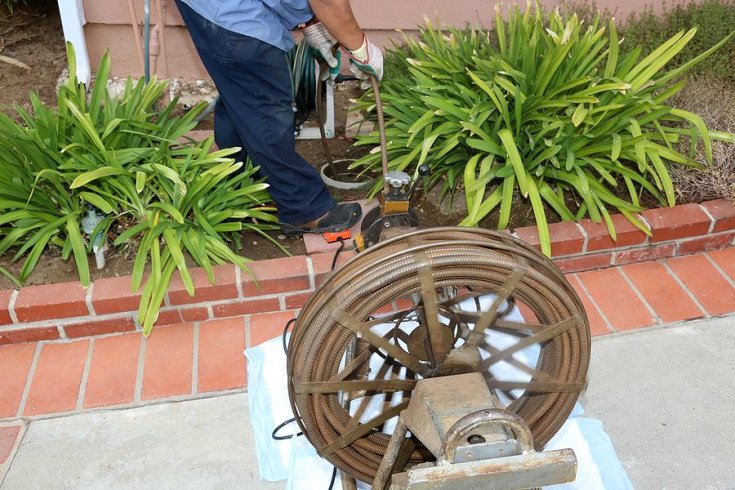
09
Signs and Solutions for a Failing Drain Field Your septic system plays a critical role in managing household wastewater, and…
Read more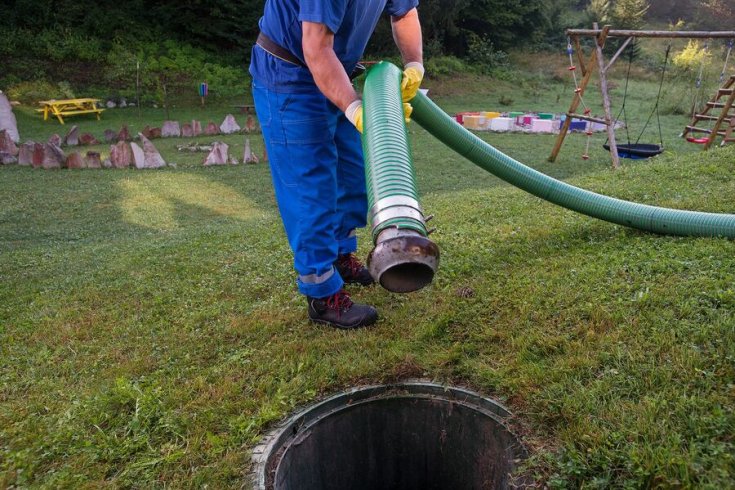
03
A Newbie’s Guide to Septic Pumping If you’re new to homeownership and have a septic system, you might be wondering…
Read more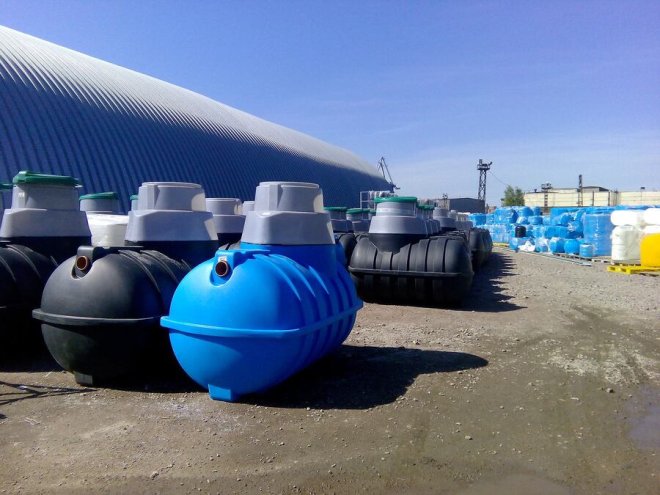
28
How to Prepare for Septic System Installation Installing a septic system is a major investment for any property that lacks…
Read more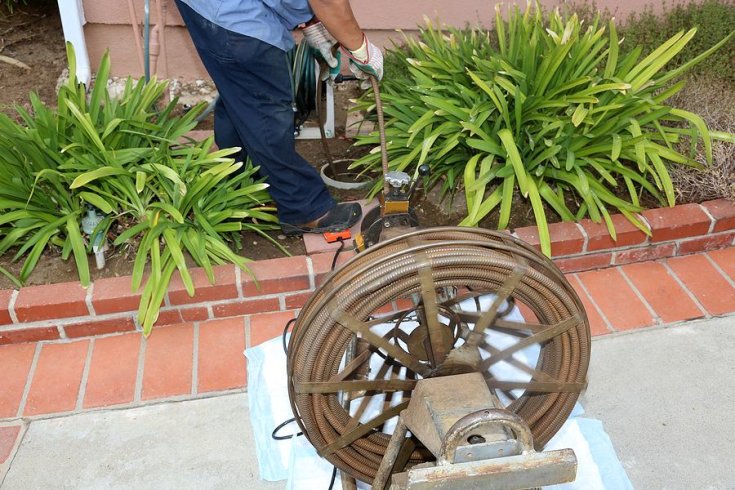
20
How Main Drain Cleaning Can Prevent Sewer Backups Sewer backups are one of the most unpleasant plumbing emergencies homeowners can…
Read more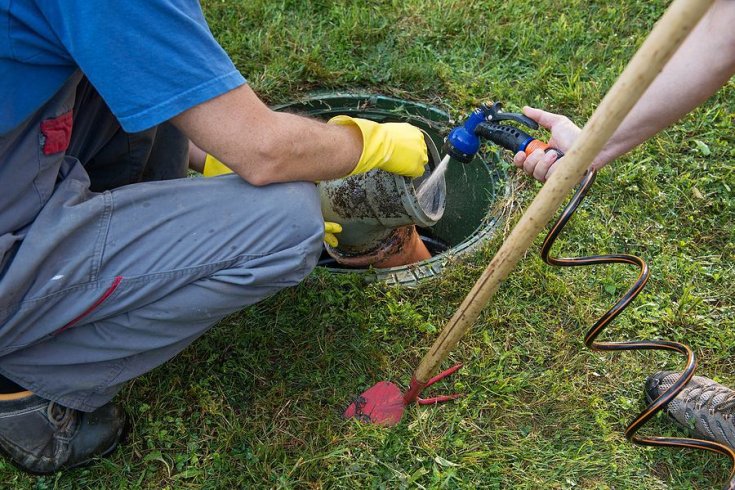
13
What to Do When You Have Drainage Problems Drainage problems can be frustrating and cause serious damage if left untreated.…
Read more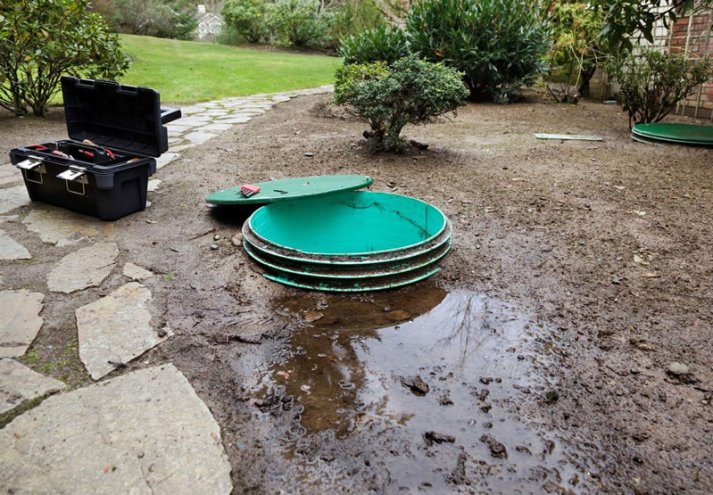
04
Signs and Causes of Septic Leaks A leaking septic system can pose serious health and environmental risks. If left untreated,…
Read more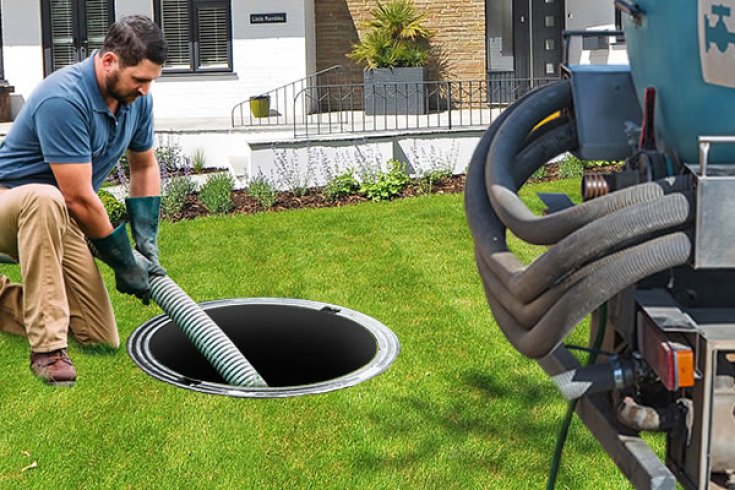
02
Unusual Septic Tank Blockages: Keeping Your Septic System Healthy A properly functioning septic system is crucial for any home or…
Read more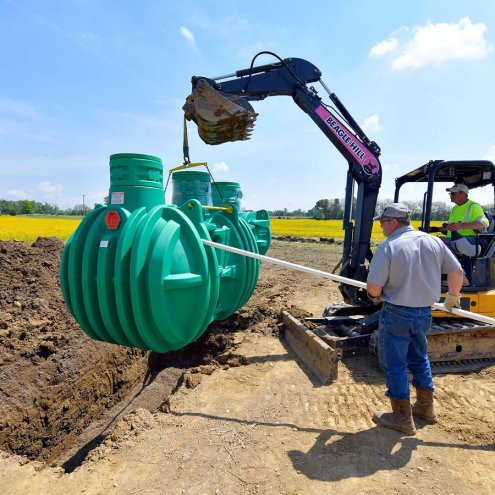
23
Seasonal Weather and Septic Systems Tank Your septic system plays a vital role in managing household wastewater, but seasonal weather…
Read more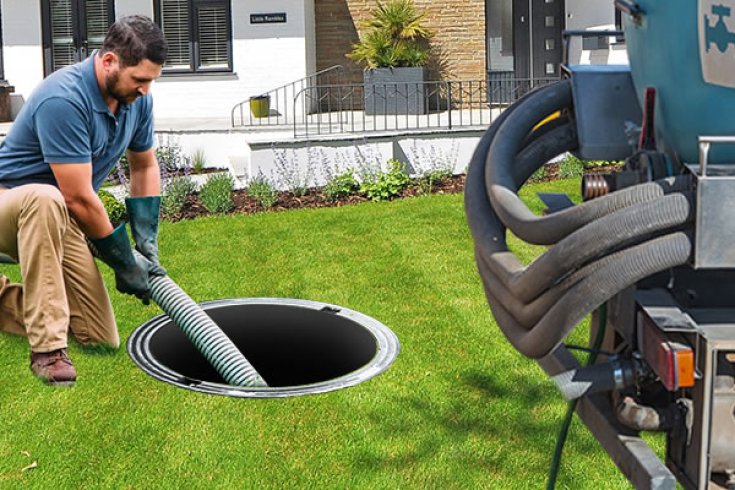
15
Why Toilet Paper Matters to Your Septic Tank Many homeowners don’t give much thought to their toilet paper—until it starts…
Read more